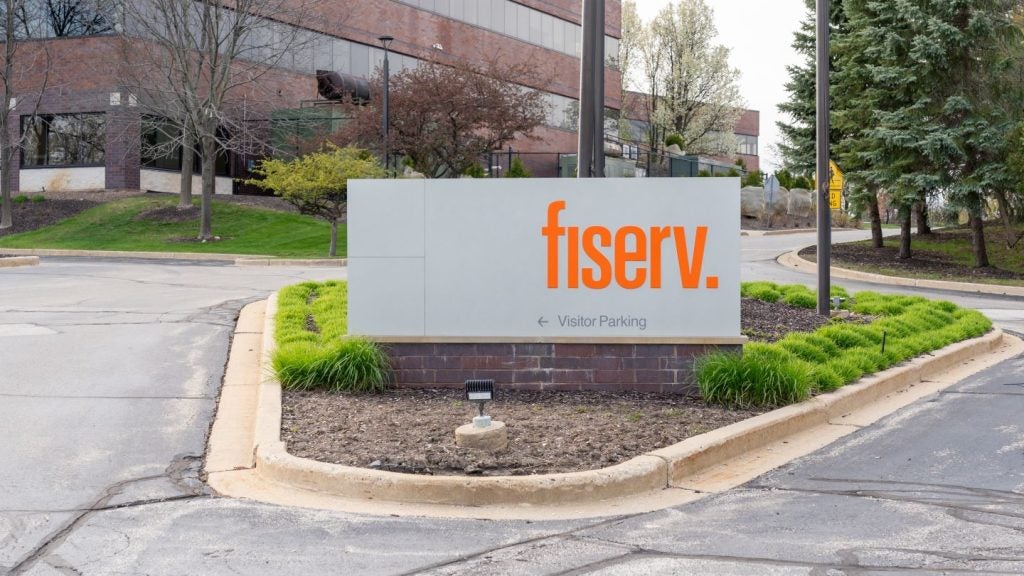service has drawn the attention of payment systems’ operators in
other countries, including the US where a vice-president of the
Federal Reserve Bank of Atlanta, Richard R Oliver, provided
EPI with insight into plans to follow the UK’s lead.
Charles Davis reports.
As the clearing of payment items speeds up around the globe, the
US Federal Reserve (Fed) banks are joining the movement, developing
a way for financial companies to clear and settle some automated
clearing house (ACH) transactions in a single day.
Richard R Oliver, an executive vice-president at the Federal
Reserve Bank of Atlanta and manager of the Fed’s Retail Payments
Office, told EPI that the move is part of a global trend
toward moving and settling payments faster. He added that it
reflects the influence of the UK’s Faster Payments System (FPS),
which has facilitated movement of internet banking transfers and
telephone transfers between banks at near real-time, with standing
orders being processed on a same day basis.
Since its launch in May 2008 more than 125 million payments have
been sent or received via the FPS, representing about £46 billion
($64 billion) in total value. UK payments industry body APACS
predicts that the service will drive an upward trend for volumes of
inter-bank online, phone and standing order payments to 622 million
in 2017 from the 2007 figure of 472 million.
“We have been watching the development of real-time settlement
networks for some time, and the European models clearly show it
makes sense from a policy perspective,” Oliver said. “We have not
made any real changes to the ACH schedules in 35 years, so it is
time.”
Increased interest

US Tariffs are shifting - will you react or anticipate?
Don’t let policy changes catch you off guard. Stay proactive with real-time data and expert analysis.
By GlobalDataPerhaps inspired by international models that are working, US
banks are showing increased interest in other electronic payment
systems that offer same-day settlement.
Oliver said that demand clearly is growing for faster ACH
payments, which currently take a business day to settle after they
are originated. A small number of US banks now send payment files
to one another directly instead of through the two ACH networks, a
method that offers faster settlement but diminishes the risk
profile of the ACH network by removing volume from the whole.
Citigroup and Capital One, the fifth- and tenth-largest ACH
banks, respectively, in terms of volume of items sent, have created
direct ACH connections with other banks to speed up the clearing of
credit card payments made by cheque and received at lockbox
operations.
Oliver said that the “faster ACH” service will be built with
three principles in mind: it will be an opt-in service, it will be
built on an existing ACH business cycle and it will apply only to
the e-check category.
The service will still employ batch processing, and will settle
intraday rather than in real-time, he said, making ACH more
competitive with cheque image exchange networks.
Oliver said that faster settlement service is scheduled to take
effect in the second quarter of 2010, and would apply only to
“e-cheque” debits as defined by the electronic payments association
Nacha – consumer cheques that are converted to ACH transactions and
debits initiated over the telephone or the internet. It would not
apply to ACH credits, such as payroll direct deposits or online
bill payments.
“We can build the e-check category within our existing business
cycle, and that is critical for the continuity of service within
our existing product set,” he said. “We think there is a lot of
value in faster settlement, and that the demand is there, so it’s a
matter of building out to it.”
Oliver said that faster settlement also allows participating
banks to identify return items earlier, and potentially reduce
fraud.
“The faster these items are being cleared, the less potential
risk in the system,” he said. “It just aids the integrity of the
system by allowing participants to identify returns sooner.”
Banks have talked for years about developing same-day ACH
services, but their efforts have been slowed to a great degree by
competitive issues and interbank politics, as well as by fear that
faster ACH payments could cannibalise volume from their more
lucrative wire transfer business.
The Clearing House Payments Company, which operates the
Electronic Payments Network, the US’ only private-sector ACH
operator, is an industry creation; the Fed operates the US’ only
other ACH network.
As a government entity, the Fed can offer the service free from
all the industry politics, and potentially develop a number of
faster ACH applications, which could have implications for other
kinds of payment instruments.
Co-ordination needed
In the fragmented debit payments market, where a dozen or more
different processors vie for business, the sort of co-ordination
between banks’ ACH and wire businesses necessary for same-day
clearing is nowhere to be found.
Oliver said the Fed chose to focus on e-cheque payments to ease
concerns by bankers that its faster settlement would cut into other
payments businesses.
“These are already existing ACH transactions. They are not being
taken from any other network or application,” he said. “That was an
important part of the decision.”
He said the ACH schedule change, which will require amending the
Fed’s operating circular for ACH payments, but not Nacha rules,
will take place over the next few months.
“We see it a growth opportunity, but the uptake is going to take
a while in this economy,” he said.
Oliver said that the future would demand greater co-operation
than ever before between bankers and payments networks, and that
the Fed is heavily involved in ensuring that international clearing
and settlement agreements are ahead of the game.
“These things are difficult enough to get done in domestic
markets, but have you thought about how a payment gets from an
American bank to a Spanish bank and then on to a Mexican bank?” he
asked. “It’s imperative that the payments system proactively settle
many of these questions, because the payments world is so much more
interconnected.”







